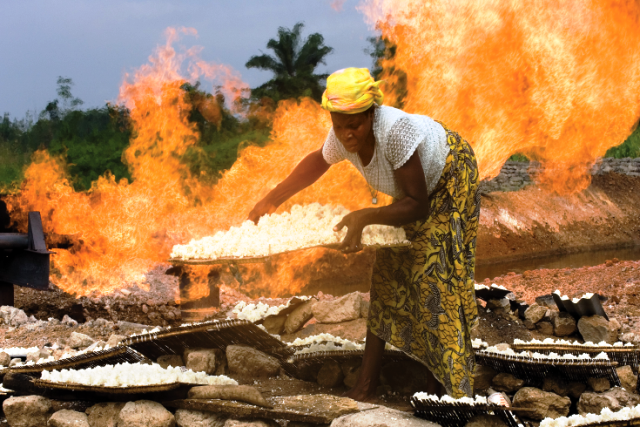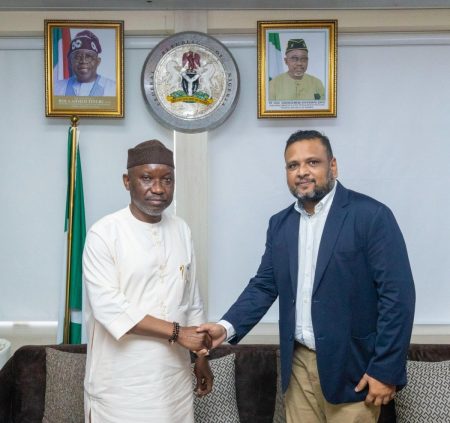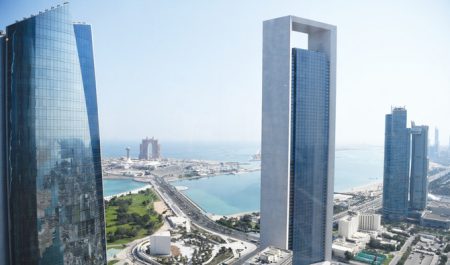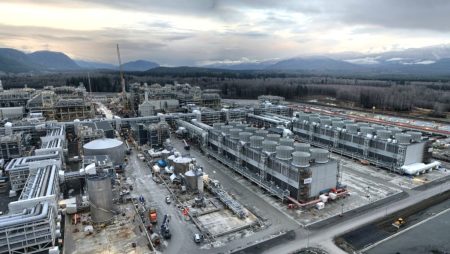
Mkpoikana Udoma
Port Harcourt — The Health of Mother Earth Foundation has concluded training for over 80 members of oil producing communities in Delta and Bayelsa states, on environmental monitoring and advocacy.
The benefiting communities, Iwherekan in Delta and Gbarain/Ekpetiama in Bayelsa, have similar environmental challenges especially those related to gas flaring, as there has been reported incidents of respiratory diseases and increase of cardiac cases in these communities.
Speaking to the volunteers, Executive Director of HOMEF, Dr Nnimmo Bassey, charged community members who reside near oil and gas fields to remain vigilant and observant to protect the environment and ensure that the economic interests of investors do not threaten the environment.
Bassey maintained that there was a need to raise volunteers who will defend the ecosystem from degradation and pollution, noting that a safe environment was fundamental to support life and livelihood.
He said Iwherekan and Gbarain gas fields constitute the dominant gas flare sites in the Niger Delta and hence residents from the areas require capacity building on environmental management, advising them to develop their skills to ‘listen to the environment’ as it responds and speaks by responding to human activities that distort the ecosystem.
“Oil and gas exploitation has exposed communities in Nigeria to decades of unabated pollution giving rise to health challenges livelihood stress and a general denial of a good life and wellbeing of the community people.
“Gas flaring has been a major source of environmental damage and habitat loss in the Niger Delta region and has adversely affected local people that depend on fishing and farming as major sources of their livelihood.
Over the years, HOMEF has facilitated dialogue in communities affected by oil and gas exploitation activities and has rallied support for the communities to speak up against the polluting activities of corporations and seek justice.”
Speaking to participants, an environmental rights advocate, Mr Alagoa Morris, said that monitoring the environment demands factual and evidence based data collection, recording and reporting.
“In journalism, the media professionals say that facts are sacred, and that is even much more applicable and I will say that in advocating for environmental justice, facts are more sacred.
“I say so because there is no room for false and misleading information because all facts must be validated at various stages including litigation and even exaggeration is strongly discouraged. Environmental monitoring is evidence based and empirical, and it makes the information stand the test of time,” Morris said.
Also, a Civil Society Activist and Executive Director of We The People, Mr Ken Henshaw, who examined the imperatives of the divestment by oil firms from onshore assets and the Petroleum Industry Act, urged communities to brace up for challenges in the new era.
Henshaw noted that the new law which recommends a 3percent operational budget as host community funds left the constitution of the governance structures largely in the hands of oil firms. He observed that the PIA is silent on existing corporate social obligation operated by oil firms.
Similarly, the Project Lead, Fossil Politics and Climate Change at HOMEF, Mr Cadmus Alake-Enade, took the participants through the steps and procedures in environmental monitoring and reporting.
The interactive segment of the training had the volunteers from the two states share experiences and adverse impacts of oil and gas exploration on their environments.
A participant from Ekpetiama community, Mr Peredangikumo Ogiriki, lamented that before oil and gasoperations began in his community, they had enjoyed peace and unity.
“Today there is disunity and suspicion; and activities such as indiscriminate sand mining and massive gas flaring have led to pollution
of our rivers and the air.”
Another participant, a fisherman, Mr Kaka Taripreye, stated that gas flaring in the community had affected every means of livelihoods, as the farm yields were now poor; notjing that their health was deteriorating, hence the people were struggling to survivedue to environmental degradation.
“our challenges are numerous from degradation of our community to our physical and social needs. As a fisherman, the river pollution has affected me and it is difficult for me to make ends meet. You return home with nothing after a whole day of toiling.”
In 2005, Iwherekan community sued the Shell Petroleum Development Company of Nigeria Limited and the Attorney General of the Federation, over gas flaring in the community which they saw as unconstitutional and an affront to their right to life.
The Federal High Court in Benin City ruled in agreement with the community and held that gas flaring was unconstitutional and against the human rights of the people.
The court ordered SPDC to present its plans for terminating the illegal act in Iwherekan, however, 17 years after the ruling, the gas furnaces at Iwherekan continues to roar and spew a cocktail of toxic elements into the atmosphere.
Follow us on twitter



